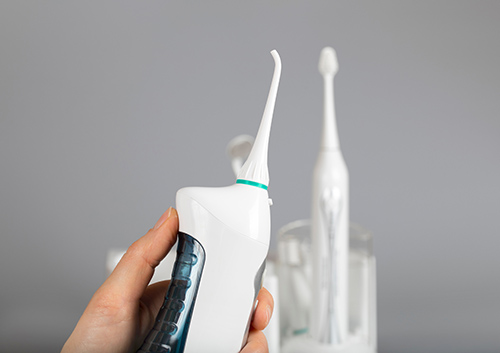Happy Fourth of July
July 2nd, 2025

Every year, Americans all over the world celebrate the birth of the country and its independence on the Fourth of July. There are countless ways that people celebrate and they range from community parades and large scale gatherings to concerts, fireworks displays, and smaller scale celebrations among family and friends. For some people, July 4th is synonymous with baseball, while for others it is all about the beach of barbecues. However you celebrate, you can be sure that red, white, and blue is visible everywhere throughout the area.
The Beginnings of Fourth of July Celebrations
Although it wasn't officially designated as a federal holiday until 1941, the actual tradition of celebrating Independence Day goes back to the time of the American Revolution (1775 – 1783). At the time of the American Revolution, representatives from the 13 colonies penned the resolution that ultimately declared their independence from Great Britain. The continental congress voted to adopt the Declaration of Independence on July 2nd of 1776. Two days later, Thomas Jefferson's famous document that is now known as the Declaration of Independence, was adopted by delegates representing the 13 colonies.
First States to Recognize the Fourth of July
In 1781, Massachusetts became the first state (or commonwealth) whose legislature resolved to designate July 4th as the date on which to celebrate the country's independence. Two years later, Boston became the first city to make an official designation to honor the country's birth with a holiday on July 4th. In that same year, North Carolina's governor, Alexander Martin, became the first governor to issue an official state order stipulating that July 4th was the day on which North Carolinians would celebrate the country's independence.
Fun Facts About the Fourth of July
- The reason the stars on the original flag were arranged in a circle is because it was believed that would indicate that all of the colonies were equal.
- Americans eat over 150 million hot dogs on July 4th.
- Imports of fireworks each year totals over $211 million.
- The first “official” Fourth of July party took place at the White House in 1801.
- Benjamin Franklin didn't want the national bird to be the bald eagle. He believed that the turkey was better suited to the coveted distinction. John Adams and Thomas Jefferson disagreed with him, and he was outvoted, so the bald eagle became the official bird of the United States.
For many, the tradition is something entirely different. Along the coastal areas of the United States, people may haul out huge pots to have lobster or other types of seafood boils. Others may spend the day in the bleachers at a baseball game, or at a park, cooking a great traditional meal over an open fire. No matter how or where you celebrate, one thing is certain: all Americans celebrate July 4th as the birth and independence of our country.
John Burke and our team at Burke Orthodontics wish you a safe and happy Fourth of July!




 Website Powered by Sesame 24-7™
Website Powered by Sesame 24-7™